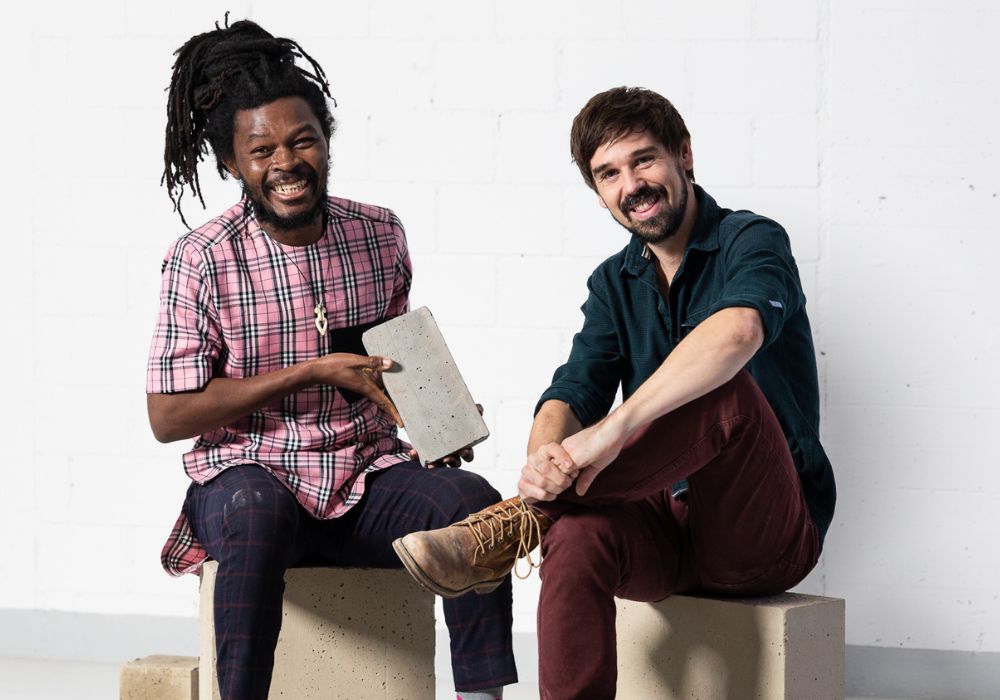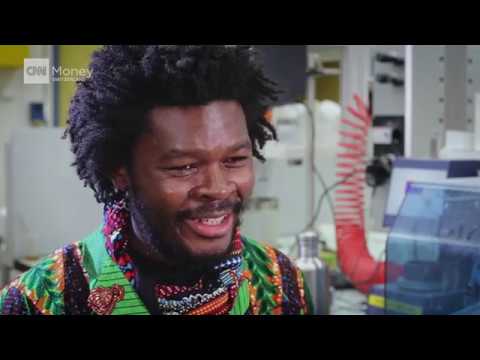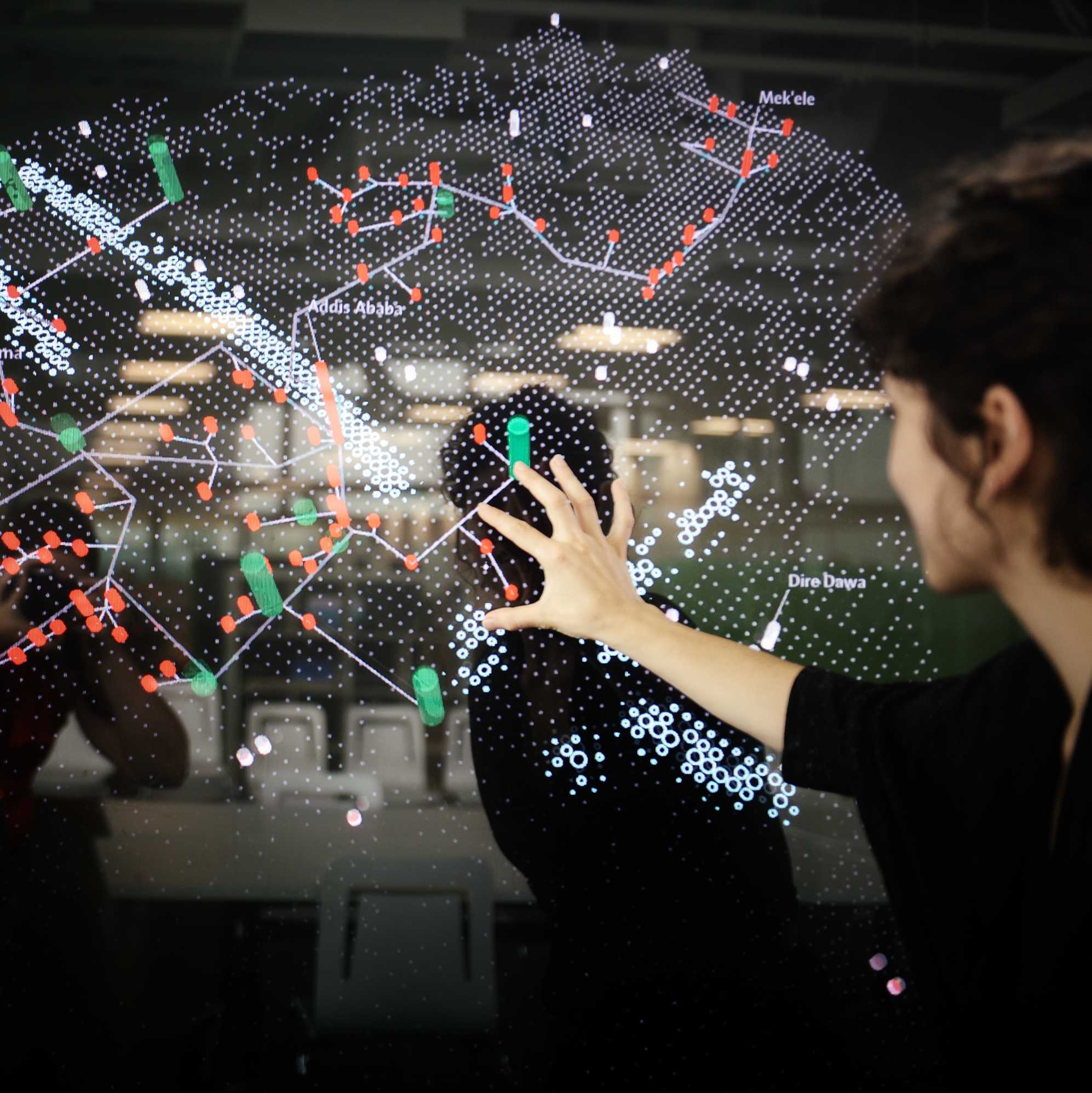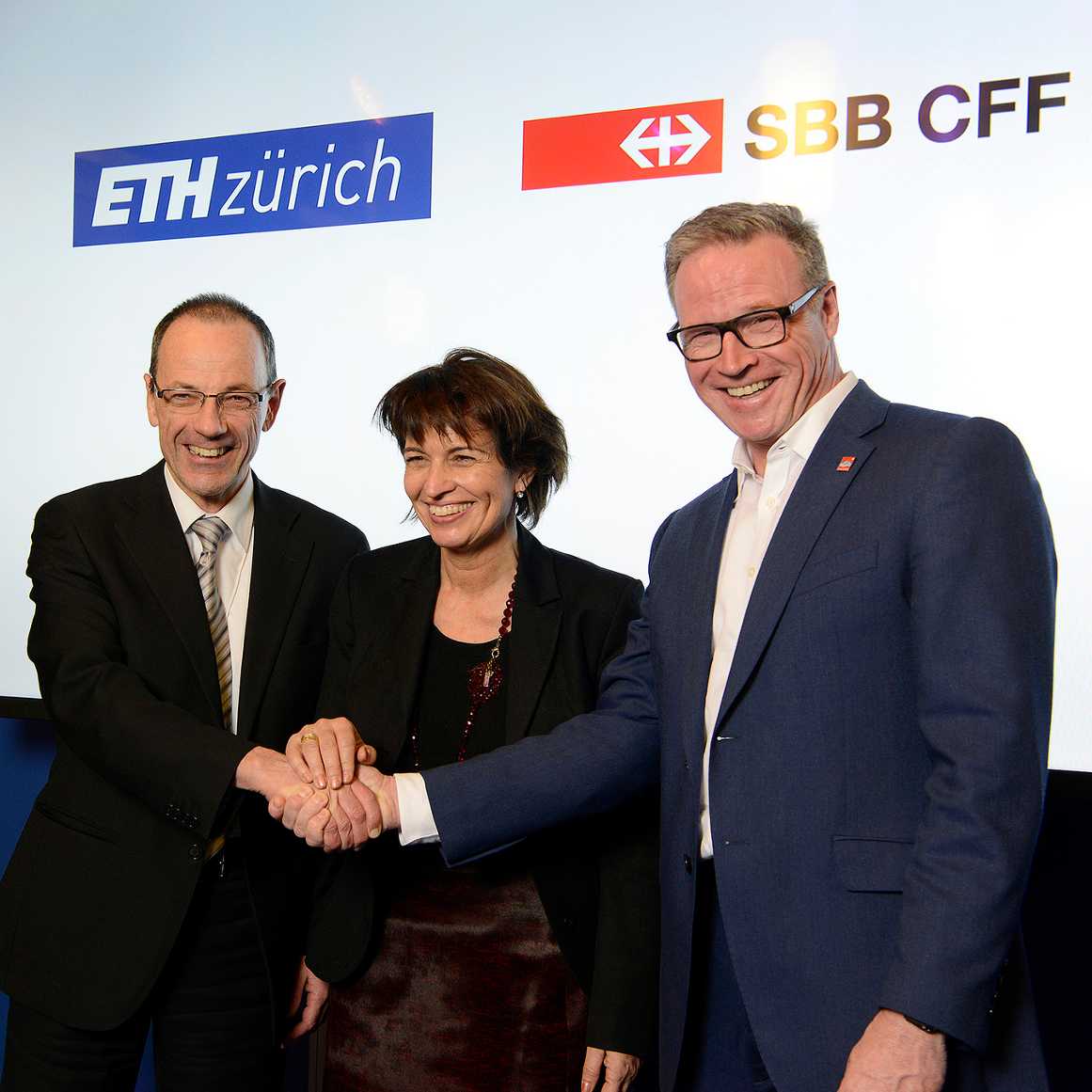Goal 9: Industry, Innovation and Infrastructure
Build resilient infrastructure, promote inclusive and sustainable industrialization and foster innovation
Investment in sustainable infrastructure and in scientific and technological research increases economic growth, creates jobs and promotes prosperity. Infrastructure projects costing billions are in the offing over the next 15 years, particularly in developing and emerging economies. Goal 9 therefore aims to build resilient infrastructure, promote industrialisation and foster innovation. Increased resource-use efficiency and greater adoption of clean and environmentally sound technologies and industrial processes are necessary to make infrastructure and industries sustainable by 2030. Goal 9 aims to support technology development, research and innovation especially in developing countries.
Source: www.eda.admin.ch/agenda2030 (edited)
Contributions of ETH Zurich (examples)
Within the framework of its core areas of research, education, campus and dialog with society, ETH Zurich contributes to Goal 9, for example, by the following activities:
Urban transport, reimagined

At the Institute for Transport Planning and Systems, urban transport is undergoing a radical transformation. Researchers are employing comprehensive, large-scale modeling to decode and predict travel behavior, with a specific spotlight on the concept of 'e-bike cities'. This initiative involves rethinking current infrastructure to prioritize bikes, walking paths, and public transport. A central aspect of the research assesses the practicality and impact of transitioning to sustainable transportation as the primary urban mobility method. By simulating potential scenarios, insights are provided for urban planners and policymakers on the opportunities and hurdles of shifting towards e-bike-centric cities. The overarching goal is to foster sustainable transport solutions, minimize carbon emissions, and elevate urban livability, crafting a blueprint for a more sustainable urban future globally. Read more here.
Housing that doesn't cost the planet

At ETH Zurich, innovative sustainable housing solutions are emerging. Recognizing the environmental impact of conventional construction materials, the spin-off company external page Oxara has developed a technique to upcycle construction waste into sustainable building products. These not only drastically reduce carbon footprints but also diminish the need for resource-intensive mining. With 3 billion people projected to lack sustainable housing by 2050, Oxara's methods offer hope. They promote the use of eco-friendly materials and emphasize a circular construction approach. Currently active in Switzerland, their pioneering solutions are set to be tested globally, targeting a more sustainable future in construction. Read more here.
Choosing what's best for the environment

At the the Ecological Systems Design Institute, research is addressing sustainable production and consumption practices. Embracing the "from cradle to grave" approach, experts are using Life Cycle Assessment to comprehensively evaluate the environmental impacts of products and technologies. This work emphasizes the circular economy, investigating the environmental implications of material life cycles. Given the significant threats posed by climate change and biodiversity loss, the research focuses on identifying sustainable material alternatives and refining urban infrastructure to minimize climate impacts. Advocating for conscious consumption, this research underscores the imperative of living within our planet's boundaries and fostering sustainability. Read more here.
Future Cities
The Future Resilient Systems (FRS) project at the Singapore-ETH Centre focuses on the problems of megacities in Asia. The FRS addresses the challenges of increasing interconnectedness and the complexity of infrastructure systems that provide energy, transport, communications, finance, manufacturing and other important services to modern societies. The goal is to develop a framework, concepts and tools to make networked infrastructure systems more robust and resilient.
Trailblazing Mobility
The Institute for Transport Planning and Systems (IVT) focuses on planning and maintaining transport systems with emphasis on societal, spatial, and logistical changes. With the ETH Mobility Initiative, a decisive expansion of research and teaching in the field of mobility was announced. The main focus is on Switzerland.

Promoting Innovation
ETH Zurich offers a wide range of support for all its members with entrepreneurial ideas and questions. It ranges from experimenting with creative ideas to the founding of companies. Among others, the following young spin-off teams from 2019 and 2020 are active in the sustainabilty field: external page Dimpora, external page FenX, external page Neustark, external page Oxara, external page Oxyle, external page Planted and external page Yasai.
Lived Sustainability on Campus
Sustainable Infrastructure
ETH Zurich also promotes the efficient use of resources and the use of clean and environmentally friendly technologies when constructing its own campus infrastructure. One examples is the House of Natural Resources (HoNR), a flagship project for building sustainably with hardwood. Also, the Arch_Tec_Lab shows how digitisation can contribute to resource-saving, emission-free and compact construction methods.

